Our Staff and Affiliates
Discover our diverse community of dedicated staff members and distinguished global affiliates shaping the future of science and technology.
Global Research Affiliates
Our distinguished network of international researchers and academics brings world-class expertise and global perspectives to SIT. These affiliates contribute to our research initiatives and help bridge the gap between academia and industry, representing leading institutions worldwide.
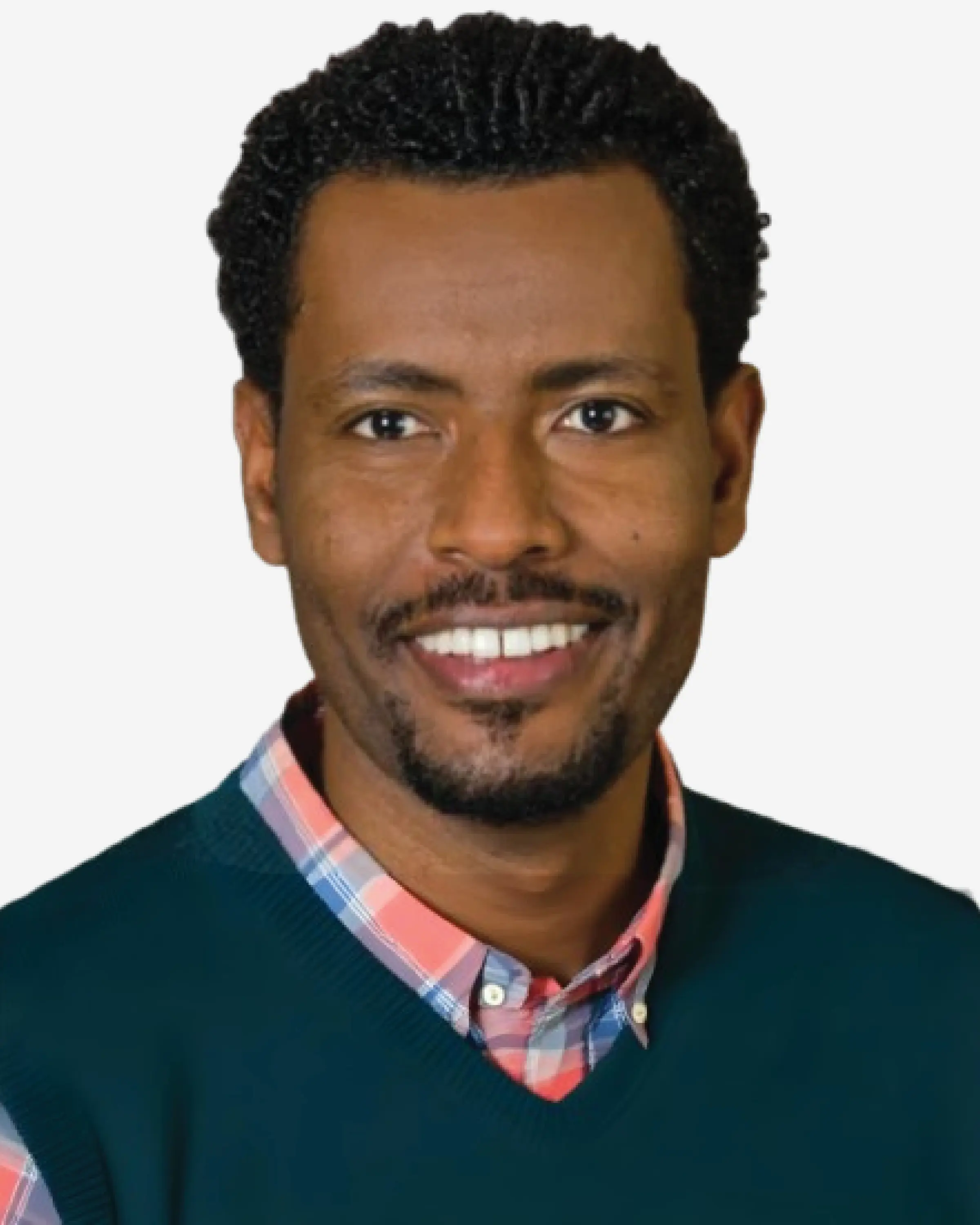
Dr. Fikadu Tafesse
Associate Professor of Molecular Microbiology and Immunology, Oregon Health & Science University (OHSU)
Molecular Biology
Dr. Fikadu G. Tafesse is an Associate Professor in the Department of Molecular Microbiology and Immunology at Oregon Health & Science University. He leads the Tafesse Lab, which investigates how pathogens like Mycobacterium tuberculosis, HIV, and SARS-CoV-2 exploit host lipid pathways. His research focuses on sphingolipids in host-pathogen interactions to identify new therapeutic targets. Dr. Tafesse earned his Ph.D. from Utrecht University and completed postdoctoral research at MIT's Whitehead Institute. Prior to OHSU, he held a faculty role at the Ragon Institute of MGH, MIT, and Harvard. His research is supported by organizations including the Gates Foundation.
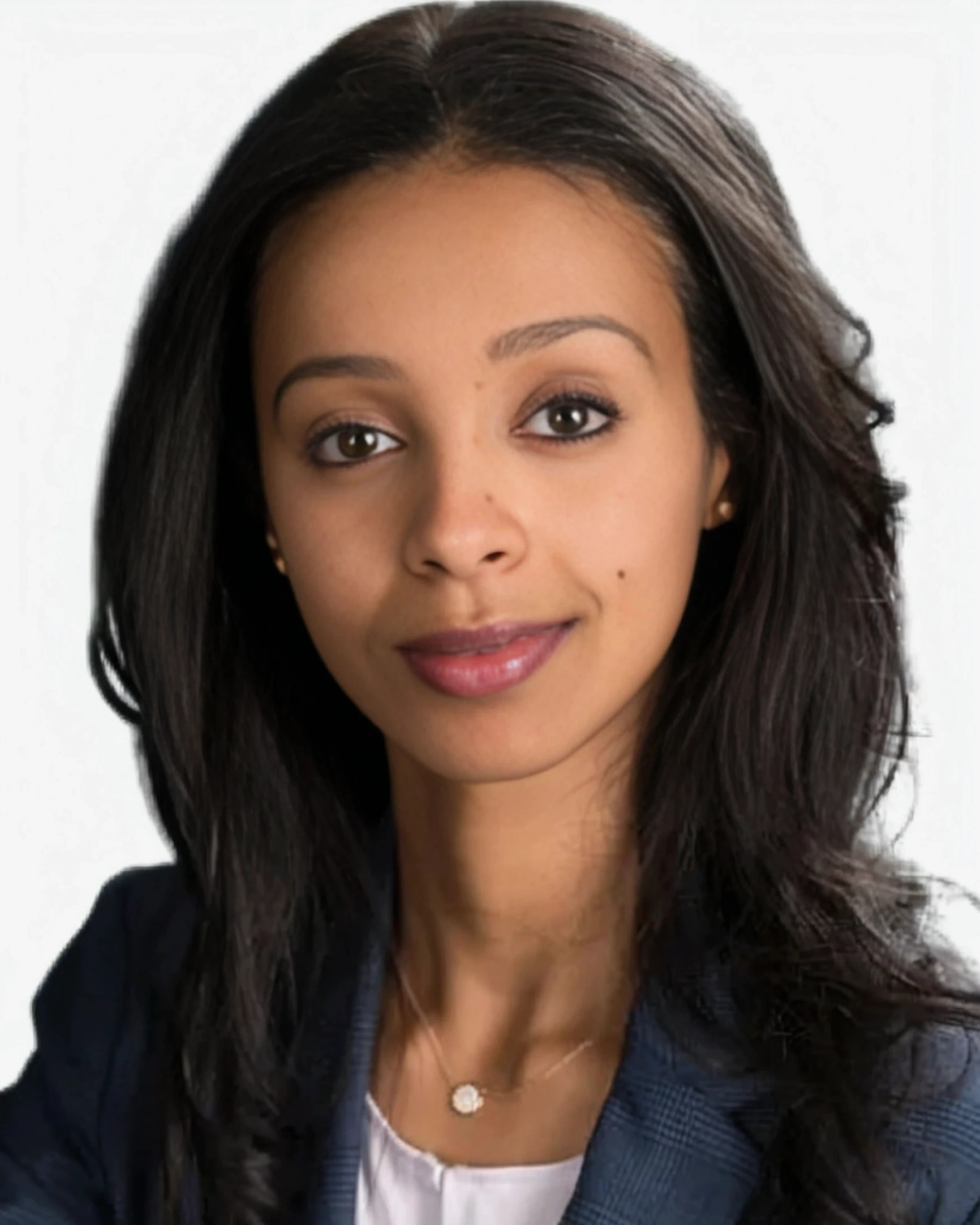
Dr. Tsega Solomon
Scientist, Vaccine Research and Development, GlaxoSmithKline (GSK)
Vaccine Research
Dr. Tsega L. Solomon is a senior scientist at AstraZeneca, working in cancer therapeutic research and vaccine development with a focus on structural biology. Her expertise includes protein engineering and the application of NMR spectroscopy to analyze therapeutic monoclonal antibodies. She earned her Ph.D. in Biochemistry from the University of Maryland and conducted postdoctoral research at NIH and NIST. Her work has advanced understanding of protein dynamics, contributing to the development of safer and more effective biotherapeutics.
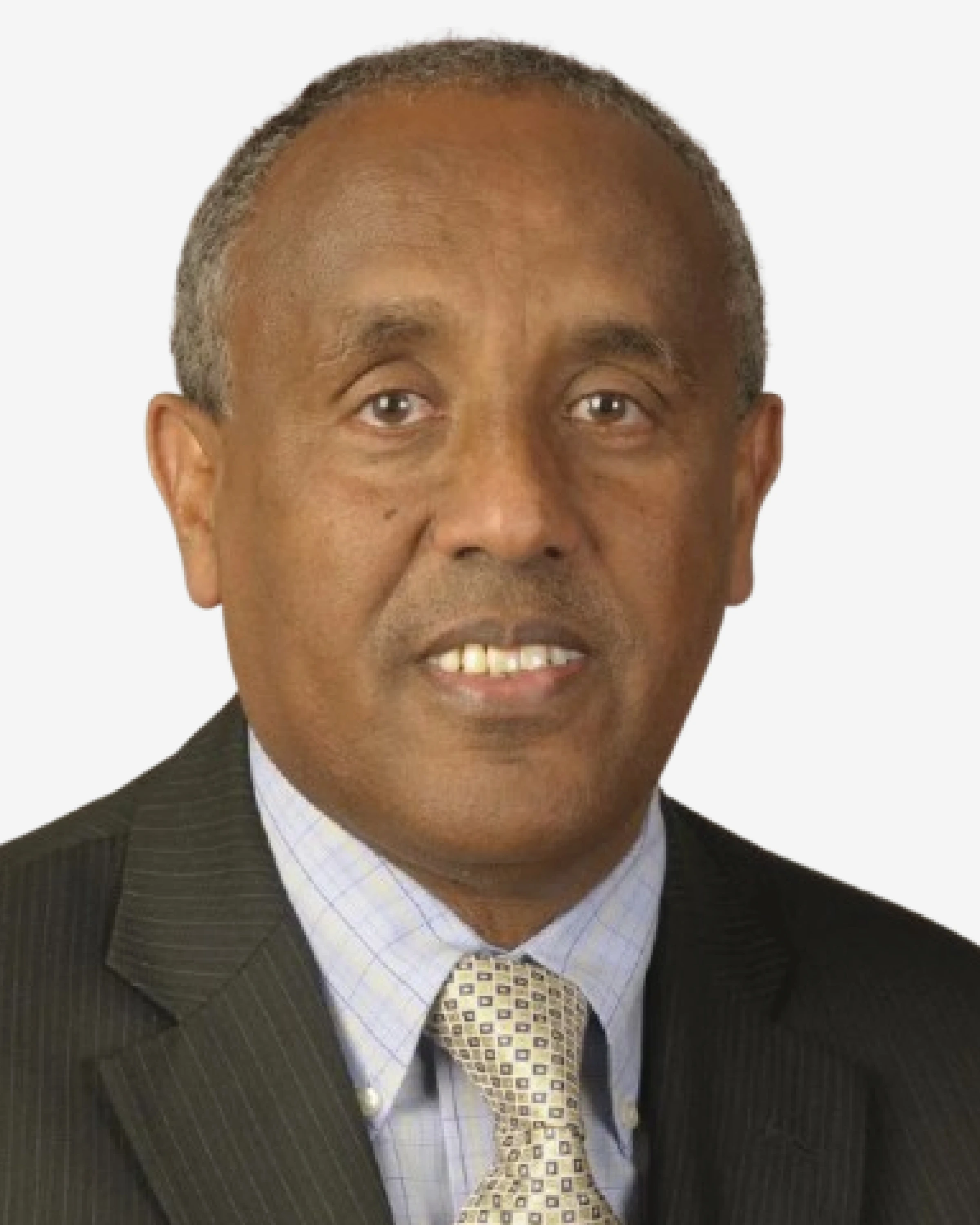
Dr. Solomon Bililign
Professor of Physics and Applied Sciences, North Carolina A&T State University; 2024–2025 Fulbright Scholar
Physics
Dr. Solomon Bililign is a Professor of Physics at North Carolina A&T State University (NCA&T), where he has been a faculty member since 1993. His research specializes in experimental and theoretical atomic, molecular, and optical physics, as well as chemical physics. Dr. Bililign has built significant research capacity in chemical physics and atmospheric sciences at NCA&T, securing over $23 million in federal grants. He has also served as the Department Chair and is the director of the NOAA-funded Interdisciplinary Scientific Environmental Technology Cooperative Science Center (ISETCSC). In recognition of his contributions, Dr. Bililign has received numerous awards, including the Presidential Award for Excellence in Science, Mathematics, and Engineering Mentoring in 2010. He is a 2024–2025 Fulbright Scholar and will teach physics and atmospheric sciences at Addis Ababa University's Institute of Geophysics, Space Science, and Astronomy.
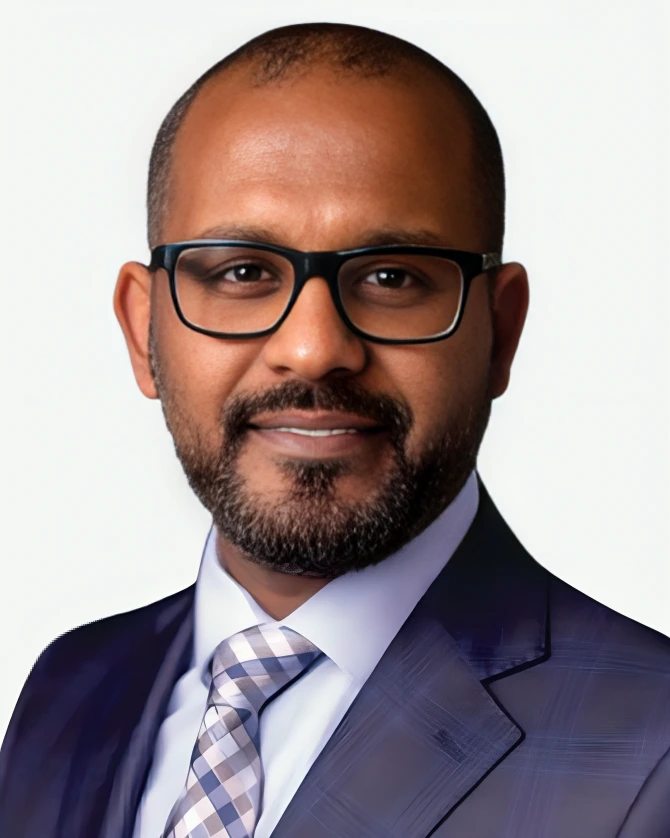
Dr. Solen Feyissa
Instructional Designer, School of Public Health, University of Minnesota
Educational Technology
Dr. Solen Feyissa is an instructional designer and scholar with expertise in pedagogy, assessment, and educational technologies. He holds a Ph.D. in Learning Technologies and brings nearly two decades of experience in developing academic programs, building digital learning environments, and supporting faculty growth. At the University of Minnesota's School of Public Health, Dr. Feyissa leads curriculum development across multiple programs, focusing on student-centered curricula that combine disciplinary rigor with problem-solving fluency, grounded in ethical reasoning and practical relevance. His professional experience spans Ethiopia, Thailand, Kenya, Senegal, and the United States, including institutional capacity building for healthcare education and faculty development through USAID's One Health initiative. Dr. Feyissa's scholarly interests include accessible learning design and the role of technology in shaping learning systems, with a commitment to building institutions that prioritize relevance, rigor, and justice.
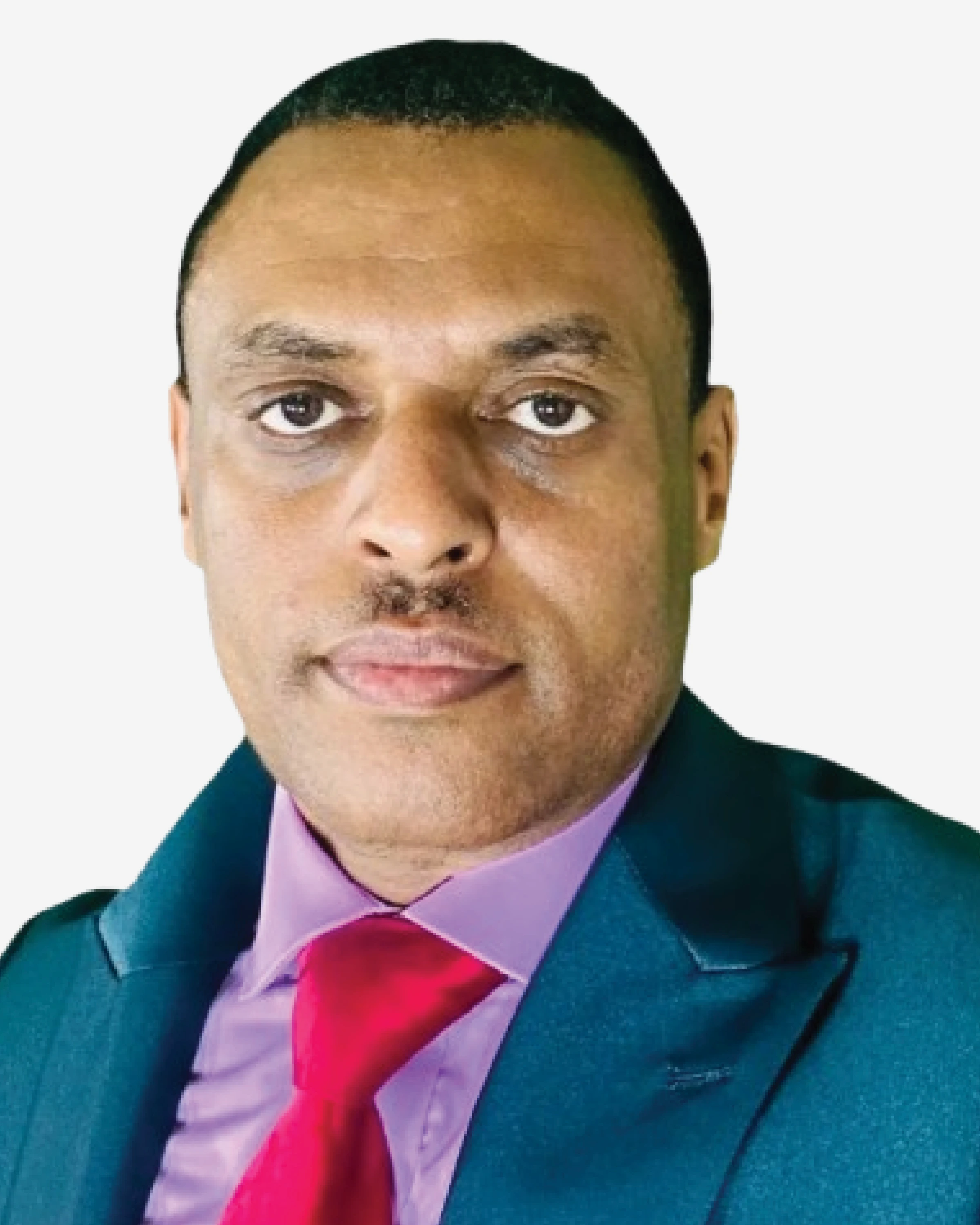
Dr. Tilaye Tadesse
Research Engineer, Space Radiation Analysis Group (SRAG), NASA Johnson Space Center (via KBR)
Physics
Dr. Tilaye Tadesse is a research engineer with NASA's Space Radiation Analysis Group (SRAG) at the Johnson Space Center, working through KBR. He supports the International Space Station (ISS), Artemis, and future Moon and Mars missions by mitigating space radiation risks through real-time console operations and predictive modeling. He earned his Doctor of Natural Sciences (Dr. rer. nat) in Computational Solar Physics from the International Max Planck Research School, in collaboration with the Universities of Braunschweig and Göttingen, Germany. He also holds M.Sc. and B.Sc. degrees in Physics from Addis Ababa University. Dr. Tadesse completed postdoctoral research at the Max Planck Institute for Solar System Research and Drexel University (NASA-funded), and later received NASA's prestigious Postdoctoral Program (NPP) fellowship, contributing to the Solar Dynamics Observatory (SDO) mission. His research focuses on numerical modeling of magnetic fields in the solar atmosphere—key to solar flares, coronal mass ejections (CMEs), and solar energetic particles (SEPs). He led the development of modeling tools now used in NASA's Community Coordinated Modeling Center (CCMC) under the Living With a Star (LWS) program. He also investigates SEP propagation in realistic 3D magnetic fields, using satellite and ground-based solar data (e.g., HMI/AIA, SOLIS-NSO). Dr. Tadesse's work bridges solar physics and space mission safety, advancing NASA's capability to forecast space weather and protect astronauts on deep space missions.
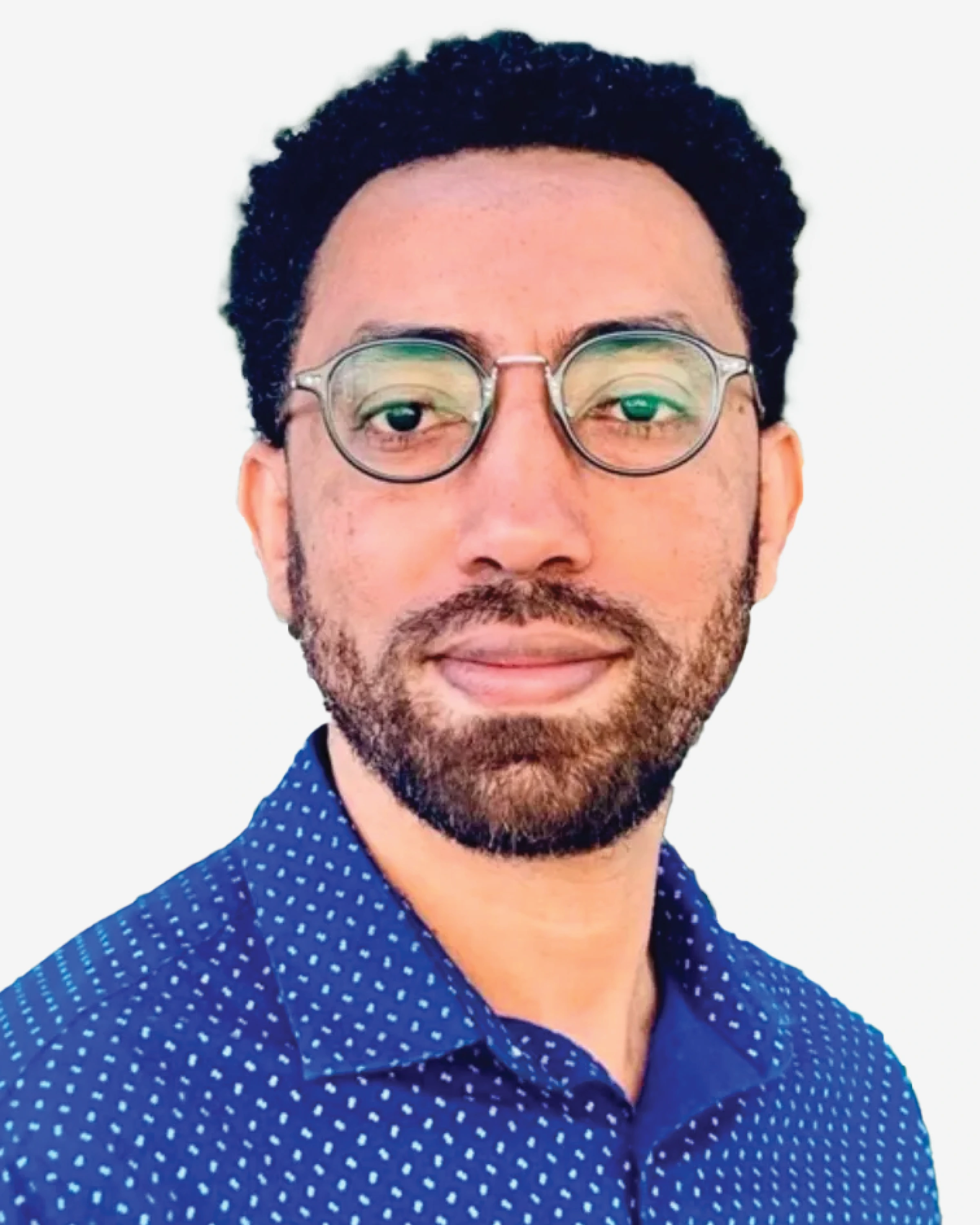
Dr. Jote Bulcha
Scientist, 4D Molecular Therapeutics
Gene Therapy
Dr. Jote Bulcha is a scientist at 4D Molecular Therapeutics, where he focuses on the development of adeno-associated virus (AAV) vectors for gene therapy. His work involves AAV production technologies, genome editing, and viral vector engineering. He received his M.Sc. and Ph.D. in Germany and completed postdoctoral training at UMass Chan Medical School, where he advanced AAV vector and CRISPR technologies. Dr. Bulcha's research has contributed to publications that support the design of more effective gene therapies.
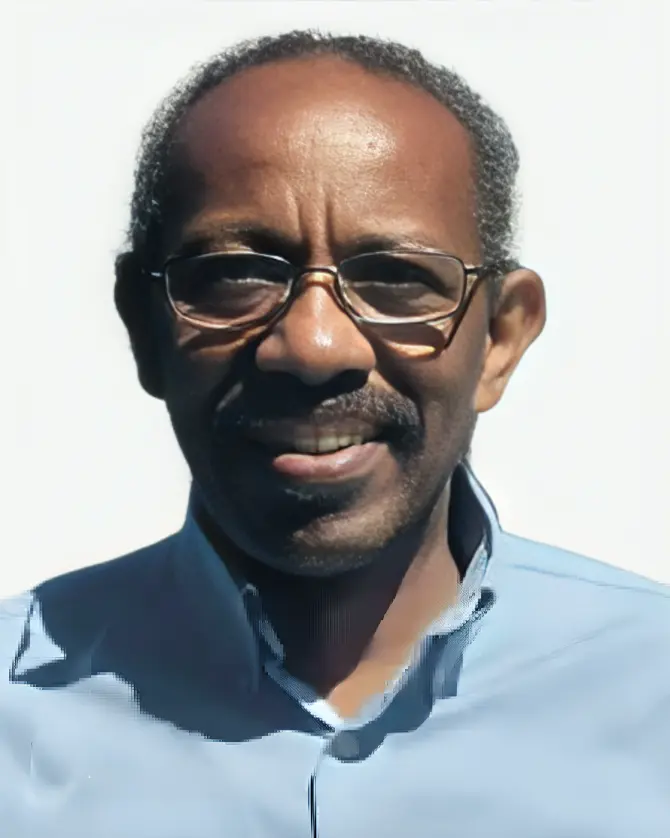
Dr. Abdulkadir (Abdul) Hassen
Professor of Mathematics, Rowan University
Mathematics
Dr. Abdulkadir (Abdul) Hassen is a Professor of Mathematics at Rowan University in Glassboro, New Jersey, where he has served on the faculty since 1996. He earned his B.Sc. and M.Sc. in Mathematics from Addis Ababa University (AAU) and his Ph.D. from Temple University in the United States. Beyond his academic role in the U.S., Dr. Hassen has been a steadfast supporter of education in Ethiopia, contributing to institutions from elementary schools to universities. His outreach includes donating textbooks, providing educational resources, and offering financial assistance to students from low-income families to help them access high school and university education. In 2010, he co-founded the Ph.D. program in Mathematics at AAU and has returned each summer to teach courses and support research. He has supervised five Ph.D. students, with graduations between 2016 and 2020, and serves as an external advisor to several Ethiopian universities. Dr. Hassen is also a member of the International Advisory Board at Kotebe University of Education (KUE), where he plays an active role in academic planning, faculty development, and institutional transformation. As part of the advisory board, he contributes to curriculum design, research strategies, training programs, and grant writing to strengthen KUE's position as a leading University of Education.
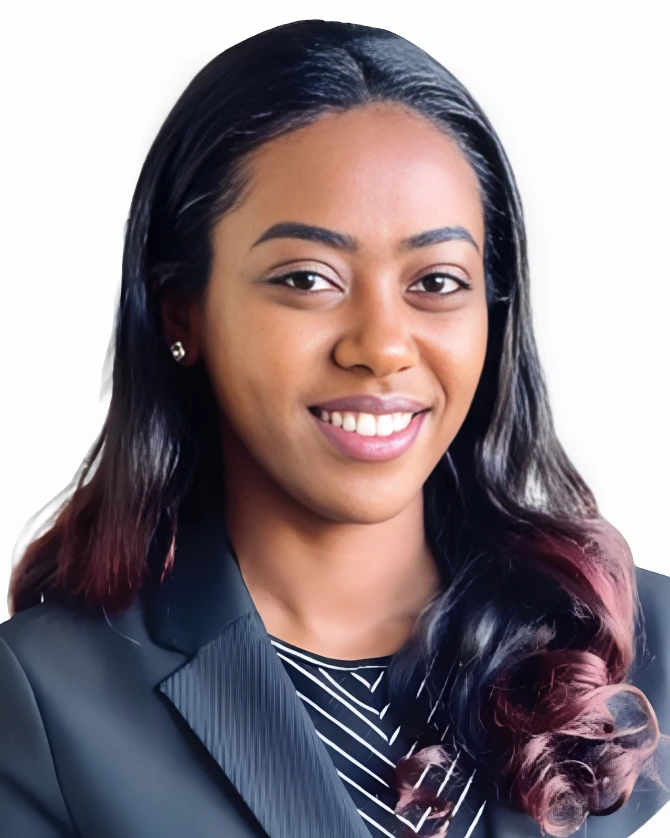
Dr. Tsegereda Esatu
Researcher, Laboratory of Physical Sciences
Electrical Engineering
Dr. Tsegereda Esatu is a researcher at the Laboratory of Physical Sciences, specializing in the development of micro and nano-scale semiconductor devices for energy-efficient memory and wearable electronics. Originally from Addis Ababa, Ethiopia, she moved to the U.S. at 17 and earned her B.S. in Electrical Engineering from Jackson State University, graduating summa cum laude and top of her class. She went on to complete her Ph.D. in Electrical Engineering and Computer Sciences at the University of California, Berkeley, where her research focused on next-generation memory storage devices. Dr. Esatu has been active in mentorship and diversity initiatives, including BGESS and WICSE, and is passionate about using advanced technology to address real-world challenges and empower future engineers, especially from underrepresented communities.
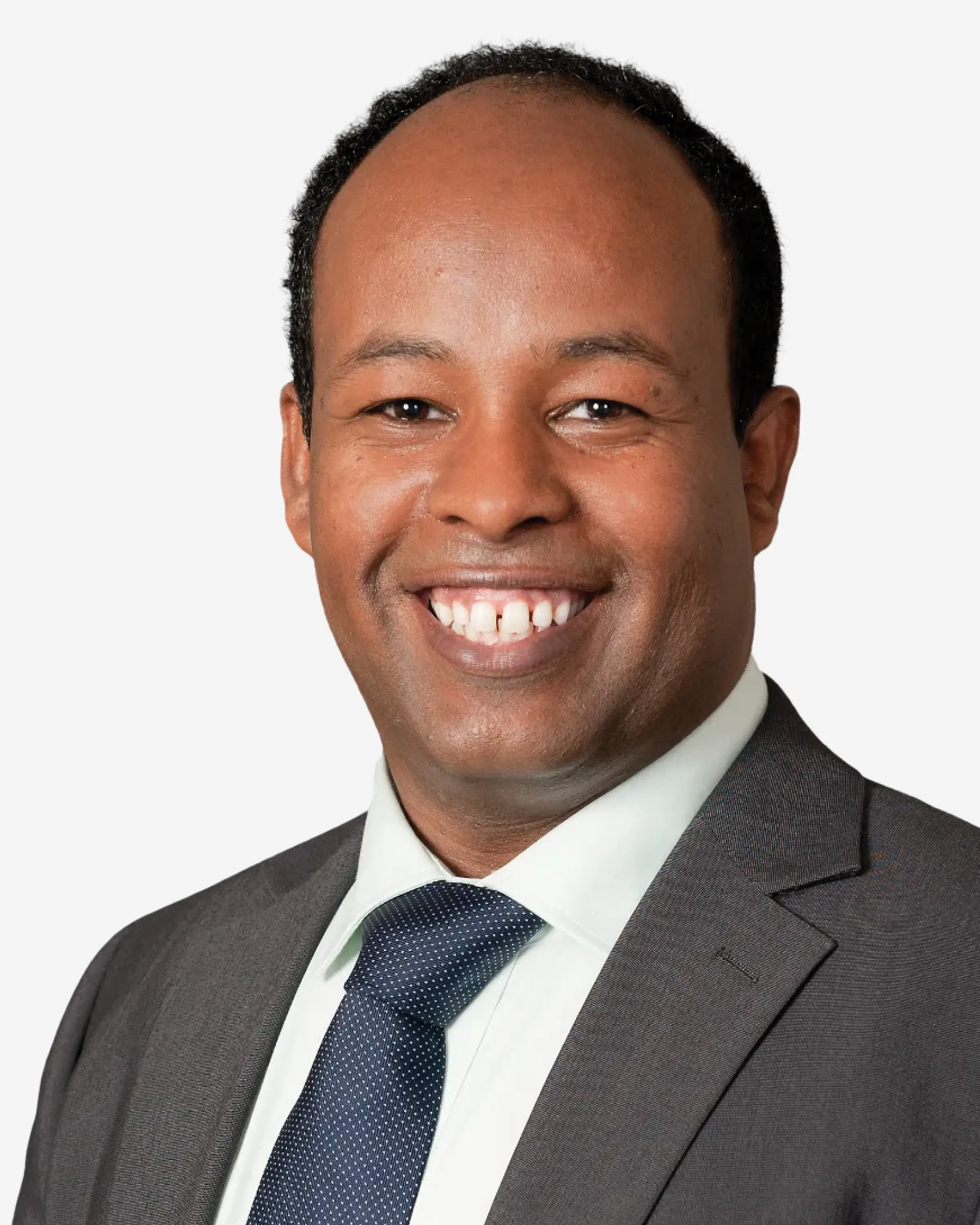
Dr. Gideon Mekonnen Jonathan
Assistant Professor, Department of Computer and Systems Sciences, Stockholm University
Computer and Systems Sciences
Dr. Gideon Mekonnen Jonathan is an Assistant Professor at Stockholm University's Department of Computer and Systems Sciences. His research explores the intersection of digital transformation and the strategic deployment of emerging technologies—particularly Artificial Intelligence (AI) and blockchain—within evolving digital ecosystems. His work spans digital sovereignty, information security, organisational agility, and the socio-technical impacts of AI and blockchain in public sector innovation. He has authored over 60 peer-reviewed publications in top Information Systems (IS) conferences and journals, offering both empirical and theoretical insights into digital governance, misinformation, and e-governance strategies. An active member of the international IS community, Dr. Jonathan contributes regularly as a keynote speaker, track chair, and reviewer at AIS and ACM conferences. He also serves on editorial boards for several IS journals, helping shape the field's academic direction. Dr. Jonathan holds a PhD and MSc in Computer and Systems Sciences, as well as an MSc in Business Administration—all from Stockholm University. Through his teaching, research, and global academic engagement, he advances the understanding and responsible use of emerging digital technologies.
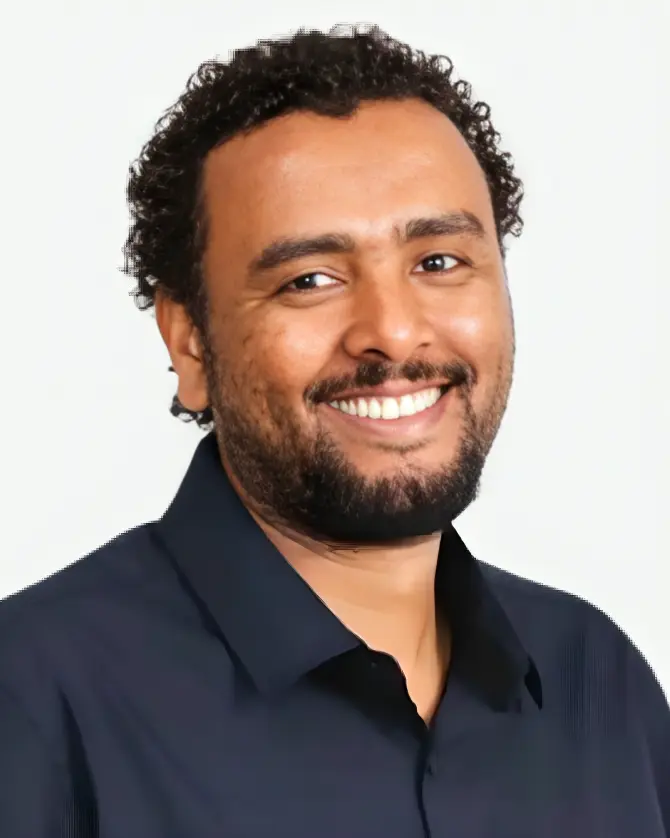
Dr. Tesfahun Admasu
Project Scientist, Department of Neurosurgery, Cedars-Sinai Medical Center
Neurosurgery
Dr. Tesfahun Admasu is a Ph.D.-trained cell biologist specializing in cancer immunotherapy and aging biology. Currently, he serves as a Project Scientist in the Department of Neurosurgery at Cedars-Sinai Medical Center, where he focuses on understanding how the immune system can be reprogrammed to fight aggressive cancers, particularly glioblastoma. Dr. Admasu is especially interested in overcoming immune suppression and T cell exhaustion within the tumor microenvironment through combination therapies targeting regulatory T cells (Tregs), M2 macrophages, and checkpoint pathways. He completed his Ph.D. in Biochemistry from the National University of Singapore and conducted postdoctoral research at the SENS Research Foundation and the Buck Institute for Research on Aging. His work bridges basic science and clinical application, aiming to drive innovation in cancer treatment and healthy aging.
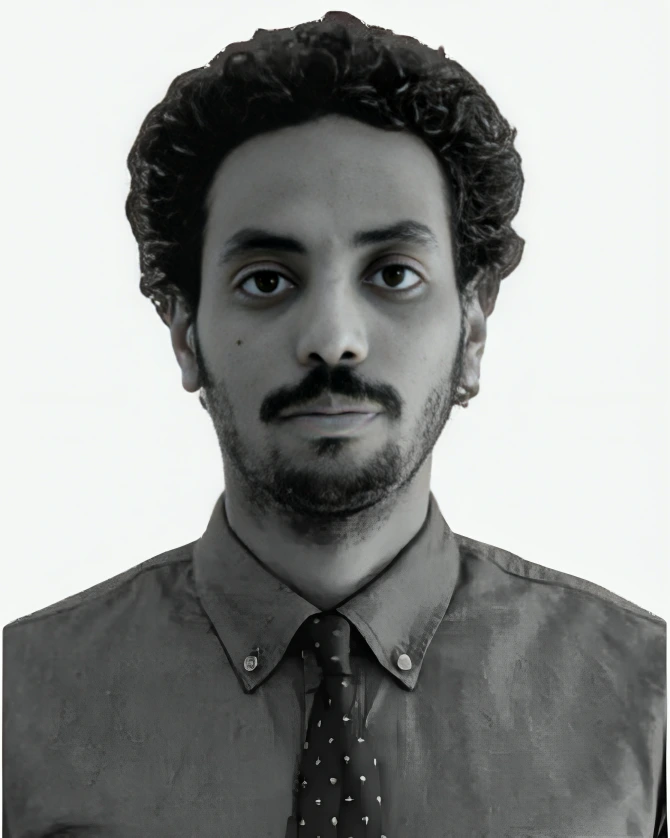
Dr. Surafel M. Lakew
Applied Scientist, Amazon AWS AI Labs
Artificial Intelligence
Dr. Surafel M. Lakew is an Applied Scientist at Amazon AWS AI Labs, where he has been contributing since 2020. His research focuses on large language models and generative AI, with a particular interest in multilingual neural machine translation for low-resource languages. Dr. Lakew completed his Ph.D. at the Fondazione Bruno Kessler HLT-MT research lab and the University of Trento ICT-Doctoral School, under the supervision of Marcello Federico. His thesis explored approaches to improve the performance of neural machine translation models for language pairs lacking large-scale training data. At Amazon, Dr. Lakew applies his expertise to develop advanced AI solutions, contributing to the advancement of natural language processing technologies.
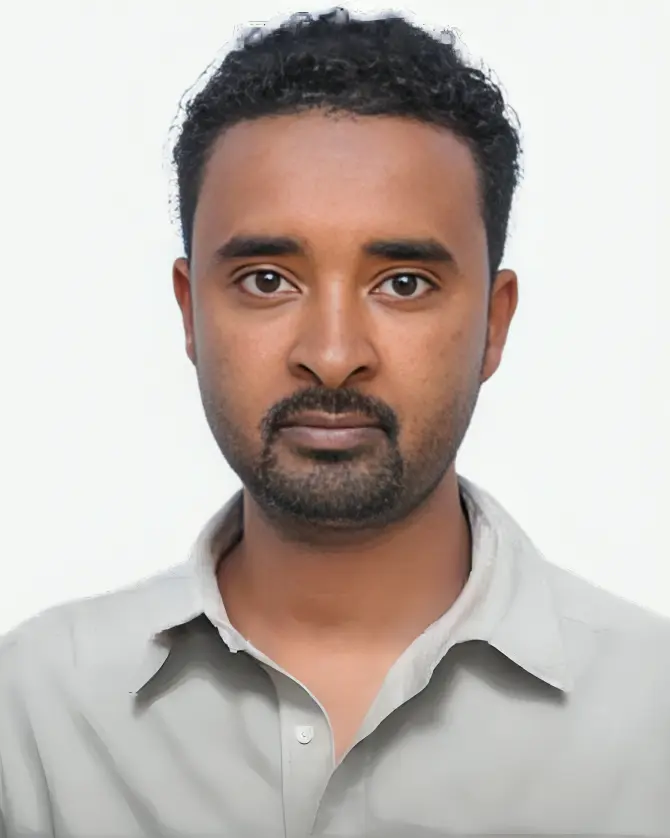
Dr. Jemal Ali
Postdoctoral Fellow, Rowland Institute at Harvard University
Microbiology
Dr. Jemal Ali is a postdoctoral researcher at the Rowland Institute at Harvard University, where he studies Gene Transfer Agents (GTAs) to uncover the mechanisms of gene transfer, microbial evolution, and their potential use in targeted gene delivery. His research interests bridge microbiology and biotechnology, with a particular focus on horizontal gene transfer, antibiotic resistance, gene delivery, microbial strain improvement, and natural metabolite/drug discovery. Previously, Dr. Ali worked on strain engineering with a T3 Bioscience startup at the University of Wisconsin–Milwaukee, enhancing natural metabolite production for pest management. His work led to significant yield improvements through genetic and fermentation optimization. Dr. Ali's research is driven by a passion for solving real-world problems at the intersection of microbiology and biotechnology.
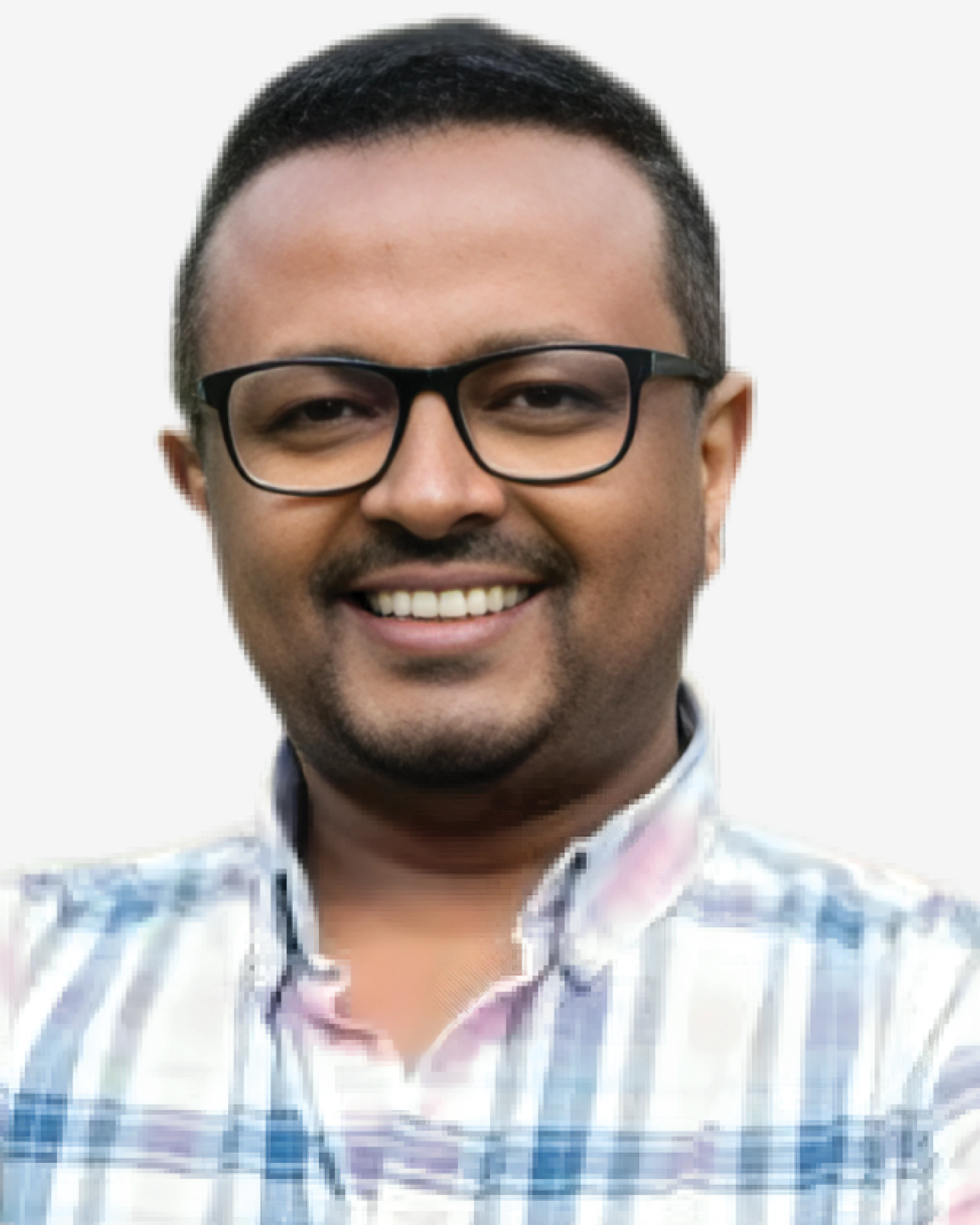
Dr. Tekalign T. Debela
Assistant Professor of Chemistry, Methodist University
Chemistry
Dr. Tekalign T. Debela is an Assistant Professor of Chemistry at Methodist University, specializing in computational materials chemistry. He earned his Ph.D. in Materials Science and Engineering from Zhejiang University, following M.Sc. and B.Sc. degrees in Physics from Addis Ababa University and Arba Minch University, respectively. Dr. Debela's research focuses on applying quantum mechanical calculations and high-performance computing to investigate reaction mechanisms, electronic properties, and defect formations in complex solids. His work has contributed to advancements in energy materials and two-dimensional conductive frameworks. Prior to his current role, he served as a research professor at Jeonju University in South Korea under the "Brain Pool" fellowship, and completed postdoctoral research at the University of Oregon. Dr. Debela is committed to integrating computational insights with experimental approaches to advance materials science.
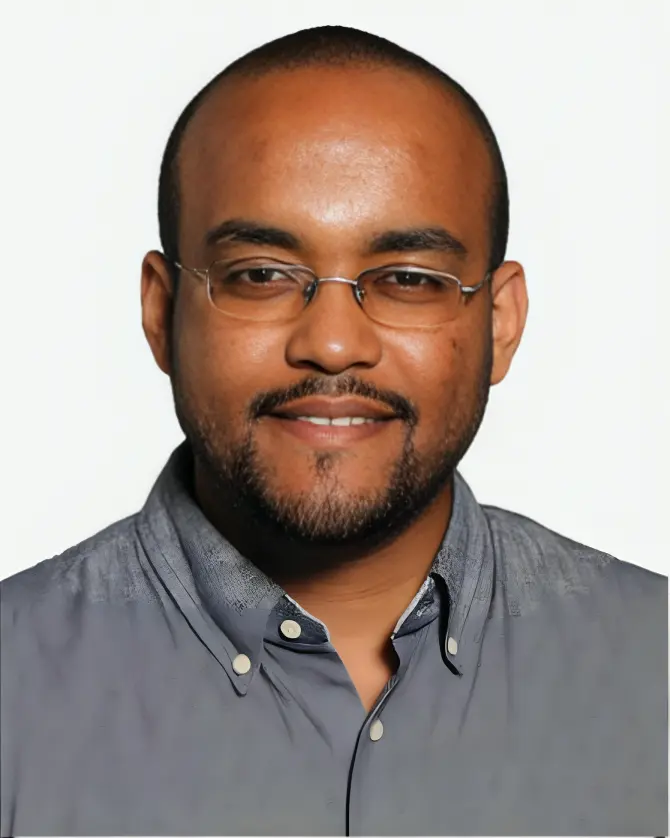
Dr. Fikreab S. Admasu
Senior Data Scientist, Merck & Co.
Data Science
Dr. Fikreab Solomon Admasu is a Senior Data Scientist at Merck & Co., where he develops statistical and machine learning models for impact assessment and investment optimization. His work leverages advanced methodologies including Bayesian inference, causal modeling, and reinforcement learning to inform strategic decisions in the pharmaceutical sector. In 2023, his team earned first place in a data science competition co-hosted by Merck and Correlation One, showcasing their innovation and analytical excellence. Prior to joining Merck, Dr. Admasu held machine learning roles at various tech startups and served as a Riley Assistant Professor of Mathematics at Binghamton University. He also taught mathematics at Baruch College and Medgar Evers College. He holds a Ph.D. in Mathematical Sciences from the Graduate Center of the City University of New York (CUNY), and previously pursued graduate-level studies at the International Centre for Theoretical Physics (ICTP) and SISSA in Trieste, Italy. His academic journey began at Addis Ababa University, Ethiopia. Dr. Admasu combines deep theoretical knowledge with real-world impact, applying data science to solve complex problems in healthcare and beyond. For more details, visit his personal website: https://sites.google.com/view/fikreab-s-admasu
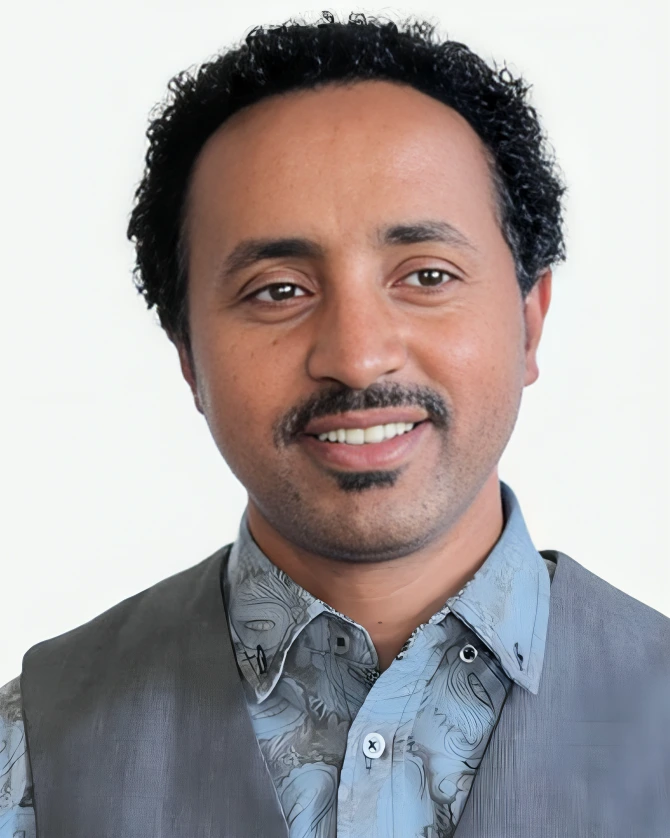
Moges Tamire Badilew
AI Researcher | PhD Candidate in Artificial Intelligence | Senior Software Automation Engineer
Artificial Intelligence
Moges Tamire Badilew is an AI researcher and PhD candidate specializing in artificial intelligence. With a strong background in software automation engineering and software development, he brings extensive experience in designing and implementing intelligent systems. His work focuses on advancing AI methodologies and their practical applications, contributing to the development of innovative solutions in the field. For the past three years, Moges has actively contributed to software product development in Ethiopia, collaborating with private sector startups and institutions such as the Ethiopian Artificial Intelligence Institute (EAI). Over the last 10 months, he has supported SIT's digital transformation efforts, including strategic website development, deployment and smart solutinos consultation. Moges blends engineering excellence with research innovation to create scalable, socially impactful systems that improve lives through intelligent technology.
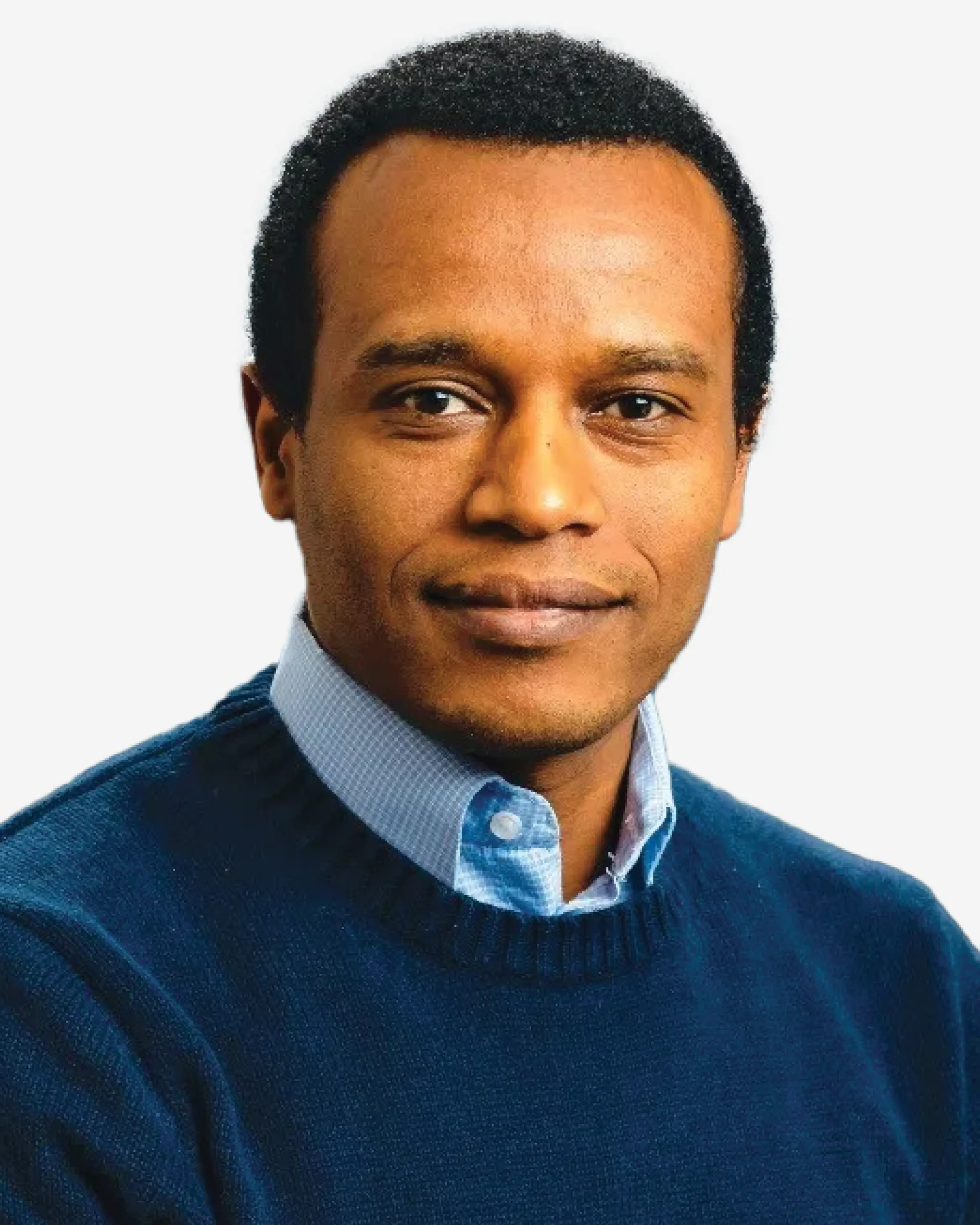
Dr. Gemechis Degaga
Senior Research Scientist, Iambic Therapeutics
Computational Science
Dr. Gemechis Degaga is a Senior Research Scientist at Iambic Therapeutics, with over twelve years of professional experience at the intersection of computational science and biotechnology. He brings deep expertise in computational physics, quantum chemistry, and AI/ML, with a strong track record of developing predictive and generative models in R&D environments. His work focuses on the application of atomic- and molecular-level algorithms to complex challenges in material science, chemical discovery, and bioinformatics. At Iambic, Dr. Degaga is instrumental in driving AI-powered workflows for drug discovery, integrating high-performance computing with machine learning to accelerate molecular design and optimization. Previously, he has contributed to both academic research and industry product development, making significant impacts through his multidisciplinary knowledge. His research includes advanced algorithm development for chemical simulations, data-driven model integration, and cross-functional collaboration between scientific and engineering teams. Dr. Degaga's expertise enables a rare combination of theoretical insight and real-world application—pushing forward innovation in the computational biotech space to create therapies and solutions that address urgent global health needs.
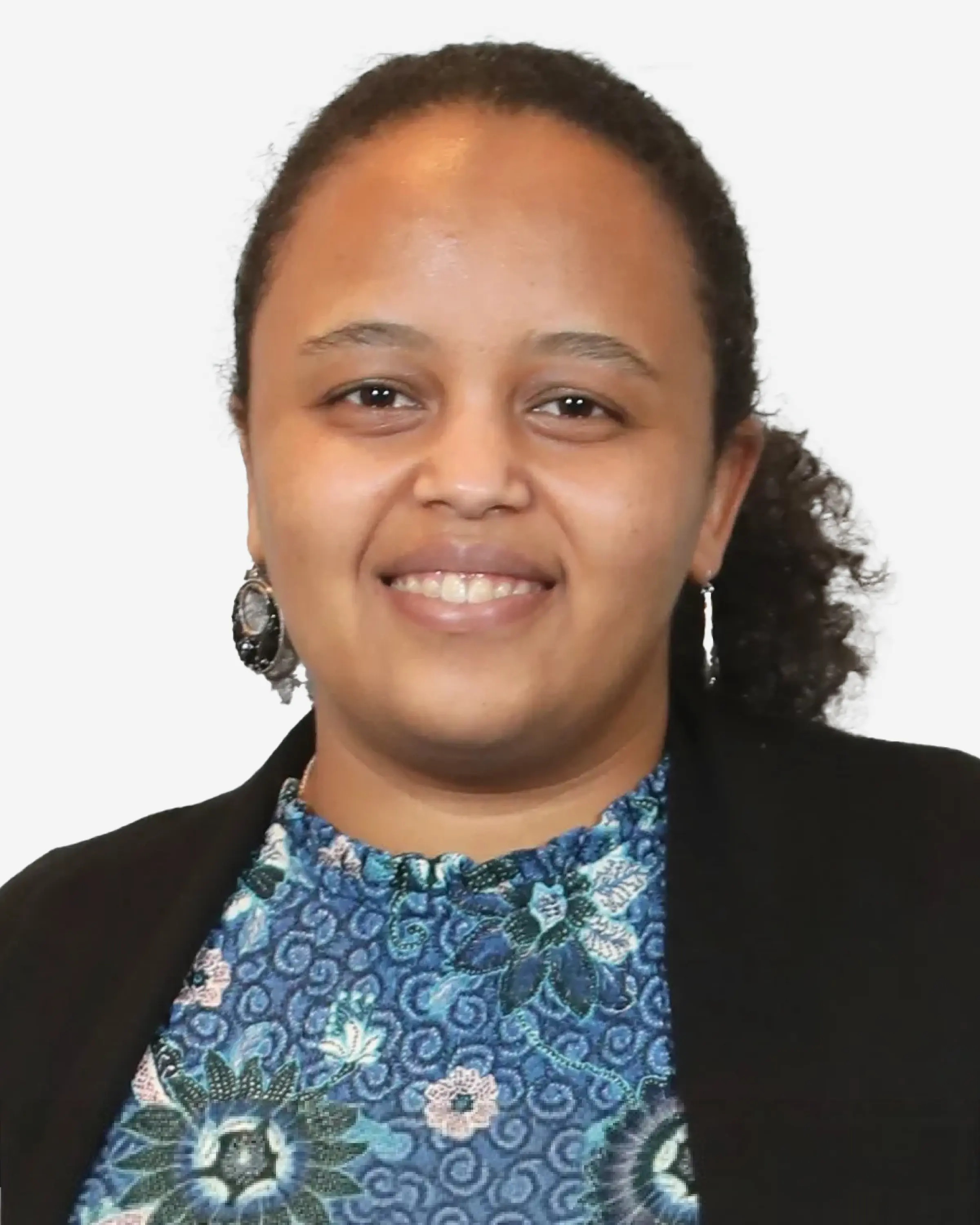
Dr. Firehiwot Gurara
Power Systems Engineer, Ph.D. in Electrical and Computer Engineering
Electrical Engineering
Firehiwot Gurara earned her PhD in Electrical and Computer Engineering from Cornell University, specializing in power electronics. Her research focused on developing high-performance, wide-operating-range power converters for renewable energy and electric vehicle charging applications. Her work has been supported by GEM and National Science Foundation fellowships. She is passionate about advancing clean energy solutions that address climate change and energy access challenges.
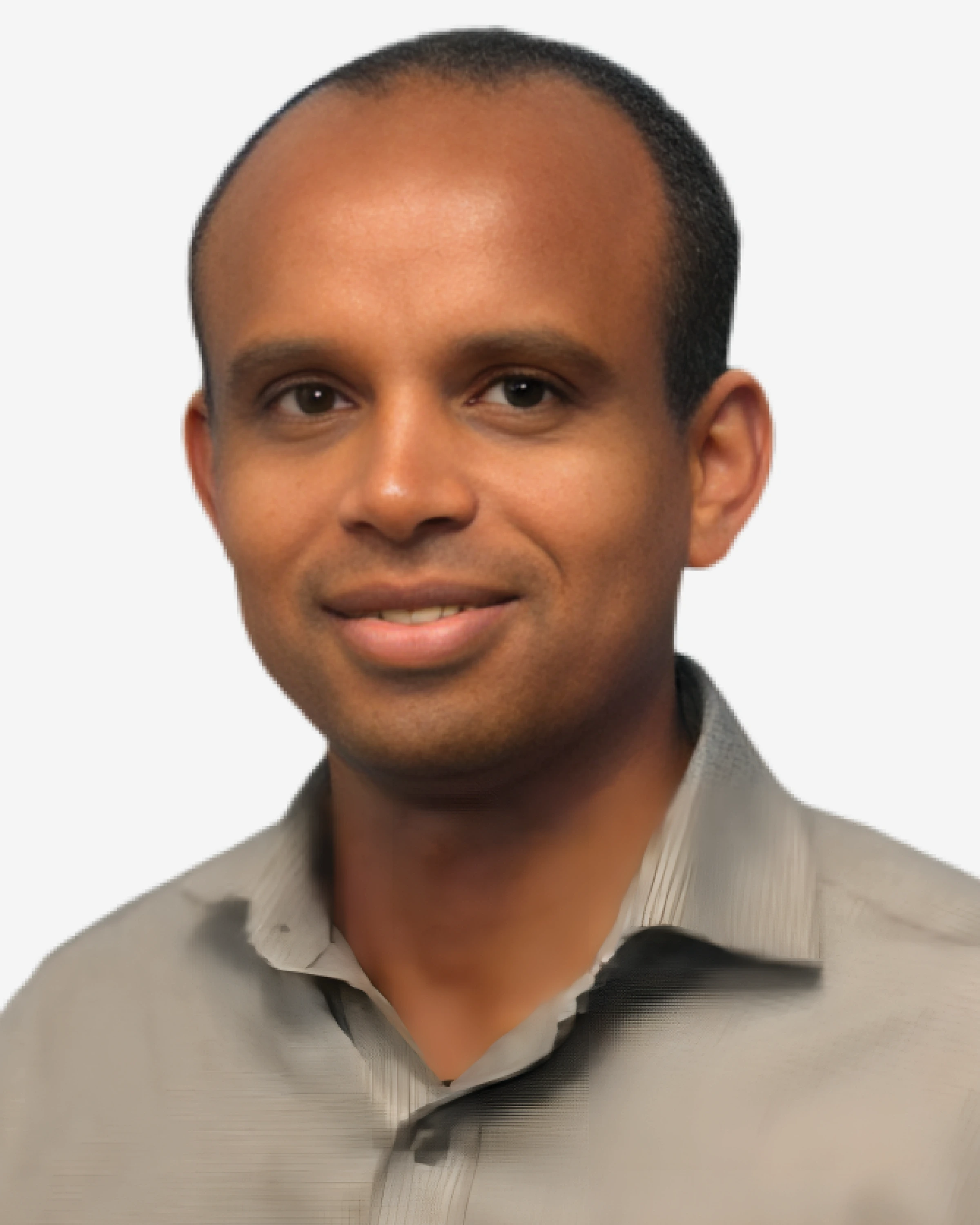
Dr. Melaku Woldemariam
Biotechnology Product Development Leader
Biotechnology
Dr. Melaku Woldemariam is an accomplished product development leader with over a decade of experience in biotechnology, medical devices, and molecular diagnostics. He has led cross-functional teams in developing innovative platforms across forensic science, analytical instrumentation, and point-of-care diagnostics. Melaku has contributed to the design and commercialization of FDA- and ISO-compliant systems, including PCR-based sample preparation platforms, HPLC systems, and capillary electrophoresis instruments. His expertise spans fluorescence-based detection, microfluidics, systems architecture, and the integration of hardware, software, and reagents. He has managed the full product lifecycle—from early-stage prototyping and system design through verification, validation, regulatory alignment, and post-launch support. His work reflects a combination of technical knowledge and strategic execution, including leading technology transfers and collaborating with product management, operations, and quality teams to align development efforts with customer needs and business goals. He holds a PhD in Physics from Harvard University and completed postdoctoral research in Bioengineering at the University of Pennsylvania. His work has resulted in multiple patents in microfluidics, magnetic separation, and droplet-based diagnostics.
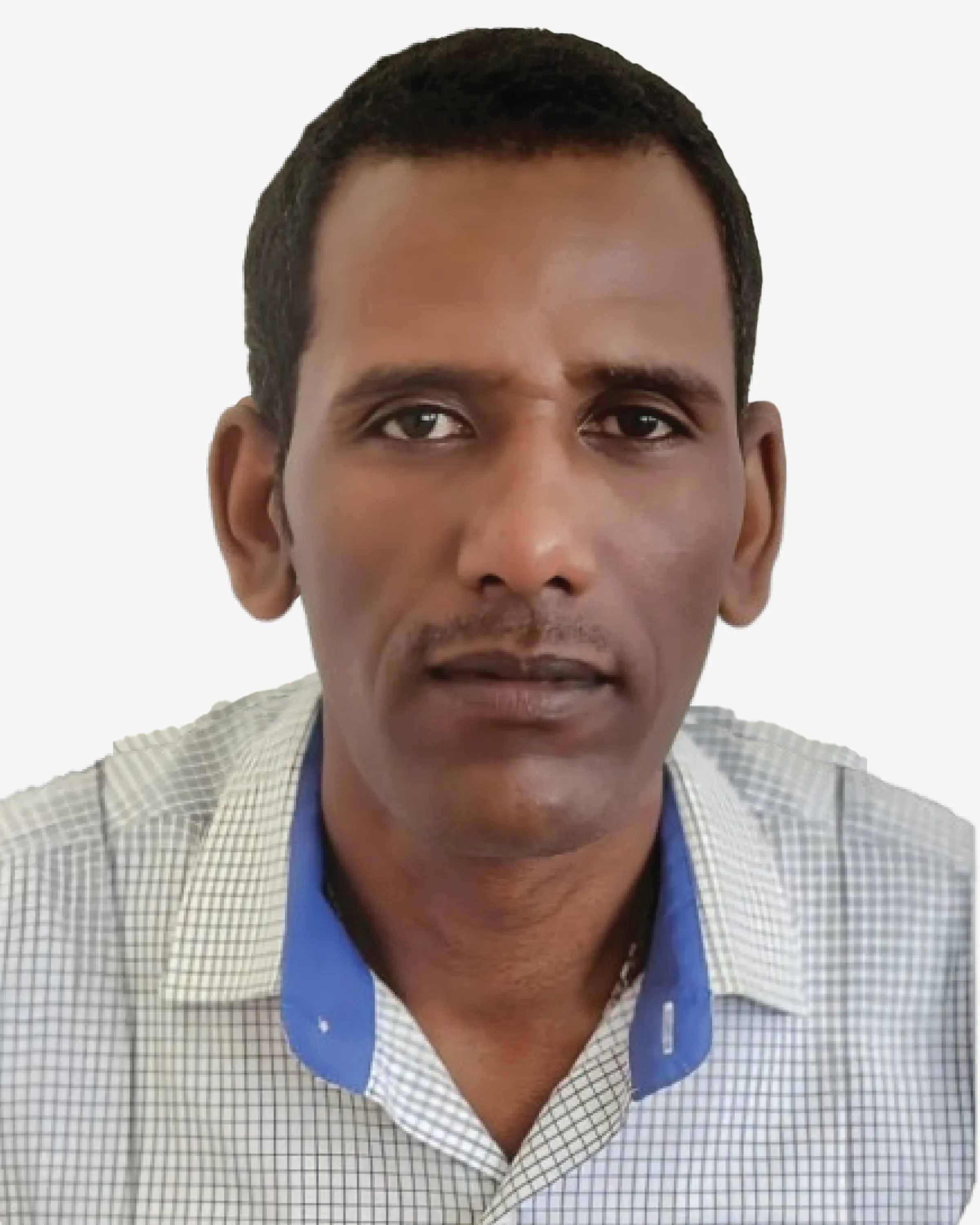
Dr. Abreham Bekele Alemu
Assistant Professor of Biotechnology, Ph.D. Candidate at University of North Carolina at Greensboro
Biotechnology
Abreham Bekele Alemu (MSc, Assistant Prof. of Biotechnology), is currently a Ph.D. candidate and researcher at the University of North Carolina at Greensboro. His research focuses on gene mining and improving drought tolerance in crops such as teff and rice through advanced biotechnology tools, including CRISPR-Cas9 genome editing. He earned his M.Sc. in Biotechnology from Addis Ababa University and a B.Sc. in Biotechnology from the University of Gondar, Ethiopia. He also received specialized training in computational biology and molecular biology techniques at the CAS-MPG Partner Institute for Computational Biology in Shanghai and at Biosciences eastern and central Africa (BecA-ILRI Hub) in Nairobi. With over thirteen years of teaching experience in academia, he has taught wide range of postgraduate and undergraduate courses at esteemed Ethiopian universities such as Gondar University, Wolkite University, Debre Berhan University, and Salale University. In addition to his academic duties, he played a pivotal role in community outreach, organizing hands-on workshops and training sessions in molecular biology and bioinformatics. His research has been published in peer-reviewed journals, focusing on drought tolerance mechanisms, genome editing for crop improvement and removal of toxic compounds, and the physiological adaptation of plants to environmental stress. In Ethiopia, he has contributed to curriculum development, proposal evaluations, and served on multiple academic committees within Ethiopian higher education institutions.
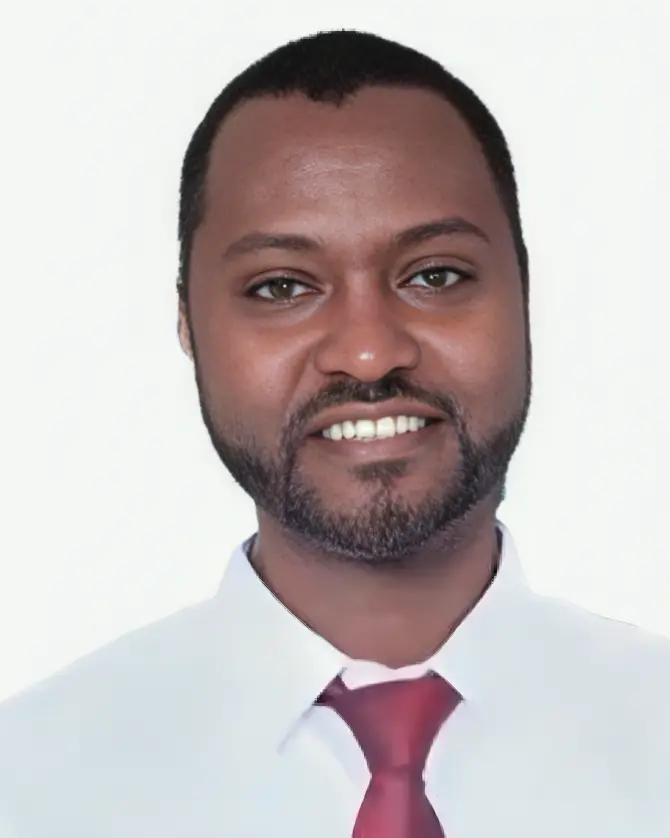
Dr. Anteneh Getachew Woldemariam
Postdoctoral Scholar, Department of Biomedical Engineering, University of Alabama at Birmingham
Biomedical Engineering
Dr. Anteneh Getachew Woldemariam is a postdoctoral scholar at the University of Alabama at Birmingham, focusing on direct cardiac reprogramming and the molecular mechanisms regulating this process. His research employs CRISPRa and CRISPRko-based approaches, as well as CRISPRa Perturb-seq analysis, to identify key transcriptional and epigenetic factors involved in the transdifferentiation of fibroblasts into induced cardiomyocytes. Dr. Woldemariam received his Ph.D. in Biochemistry and Molecular Biology from the Chinese Academy of Sciences, where he concentrated on disease modeling and stem cell-based therapeutics for liver fibrosis. His work has been recognized with a 2024 American Heart Association (AHA) grant award. His long-term goal is to develop genetic and engineering strategies to enhance cardiac regeneration as a therapeutic approach for heart failure.
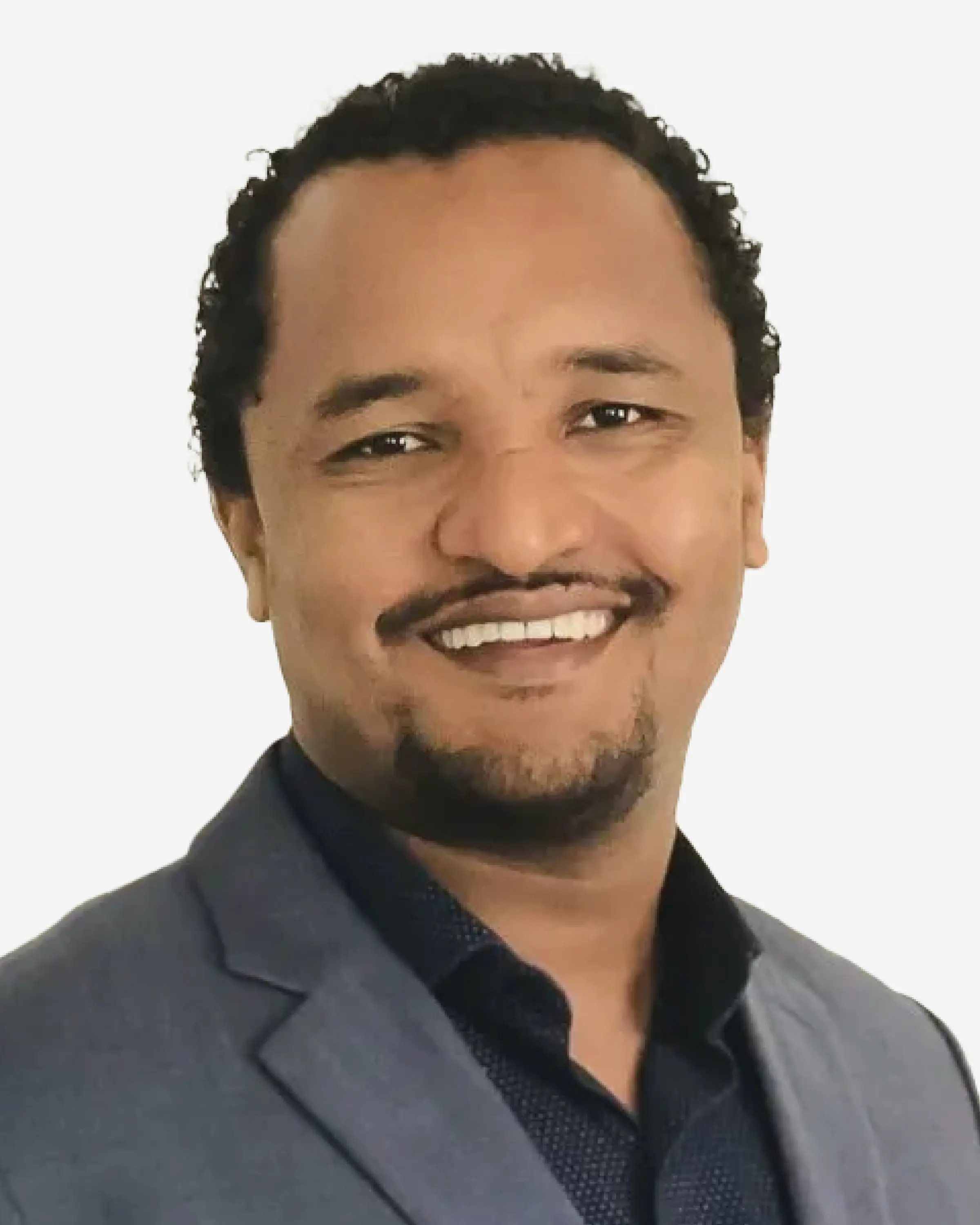
Dr. Abraham Abebe Asfaw
Senior Economist, Amazon
Economics
Dr. Abraham Abebe Asfaw is a Senior Economist at Amazon, where he applies microeconomic analysis and data science to solve complex business and policy problems. His expertise spans health economics, labor markets, and development economics. Before joining Amazon, he held academic roles as an Assistant Professor at Kean University and Bates College, and a postdoctoral fellow at Tulane University's Murphy Institute. He earned his Ph.D. in Economics from Northern Illinois University, and previously studied at Addis Ababa University and the University of Gondar. Dr. Abrham's research has been published in respected journals such as Health Economics and World Development, focusing on the economic impact of health policies, early childhood investments, and education outcomes in developing countries.
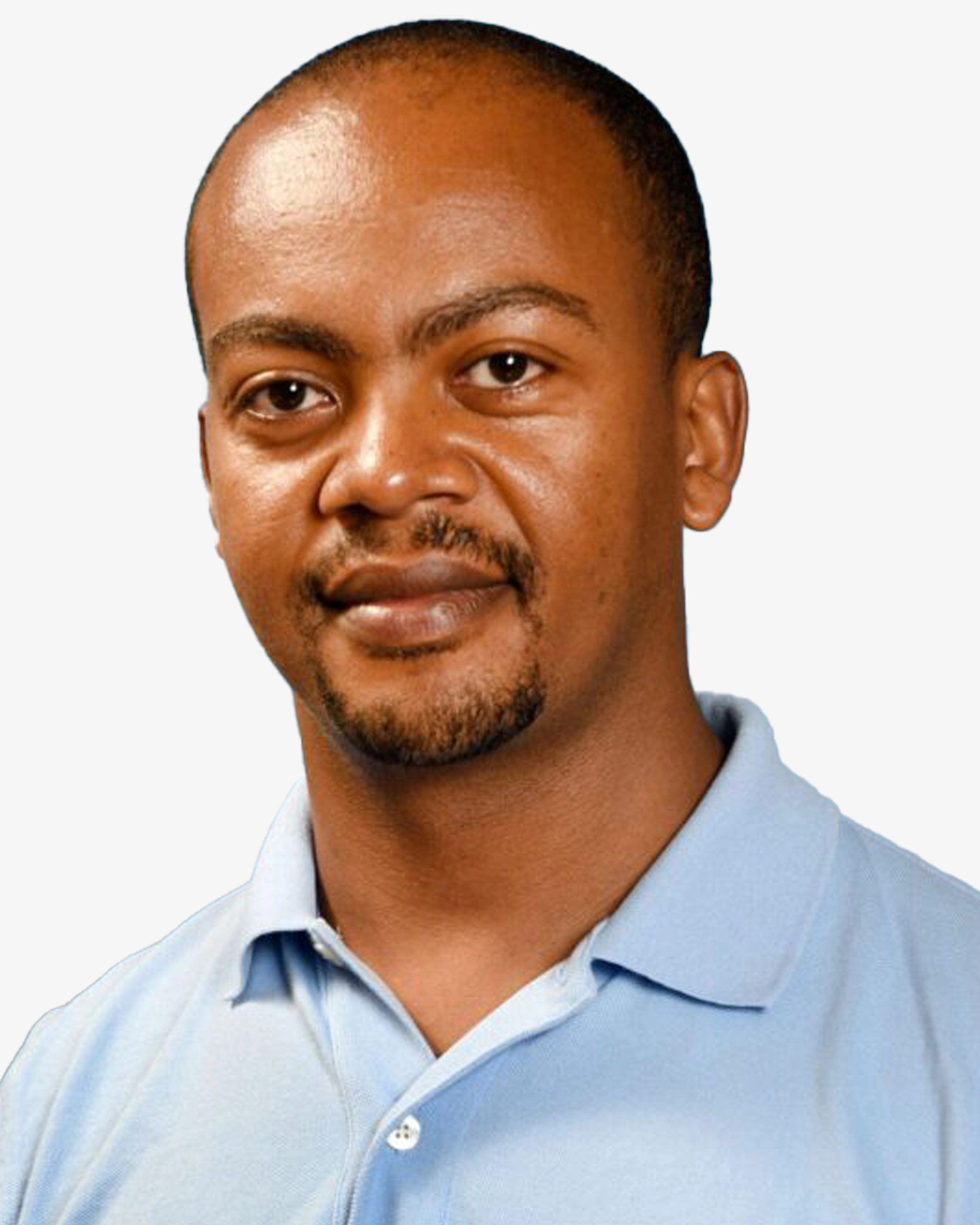
Dr. Birhanu Eshete
Associate Professor of Computer Science in the College of Engineering and Computer Science (CECS) at the University of Michigan–Dearborn
Computer Science
Dr. Birhanu Eshete is an Associate Professor of Computer Science in the College of Engineering and Computer Science (CECS) at the University of Michigan–Dearborn, where he directs the Data-Driven Security & Privacy Laboratory. His research develops methods and systems to identify, characterize, and mitigate security, privacy, safety, transparency, and ethical risks in AI systems with a focus on high-stakes applications such as autonomous vehicles, predictive diagnostics, financial forecasting, and cyber-attack detection. His work has been published in all leading security, privacy, and AI venues, featured in widely accessible venues such as the Science Magazine, and contributed to national efforts, including the US National Institute of Standards and Technology (NIST) Trustworthy & Responsible AI Resource Center. Dr. Eshete’s research has been recognized with competitive awards and funding, including 2024–2025 Fulbright US Scholar Award from the US Department of State, the 2024–2025 Faculty Excellence in Research Award from the College of Engineering and Computer Science, the 2023 NSF CAREER Award from the US National Science Foundation, the 2018 USENIX Security Symposium Distinguished Paper Award, and he was a finalist for the Best Applied Security Research Award in North America in 2018. Before joining the University of Michigan, he was a Postdoctoral Researcher in the Systems and Internet Security Lab at the University of Illinois at Chicago. He holds a Ph.D. in Computer Science from the University of Trento, and M.Sc. and B.Sc. degrees in Computer Science from Addis Ababa University.
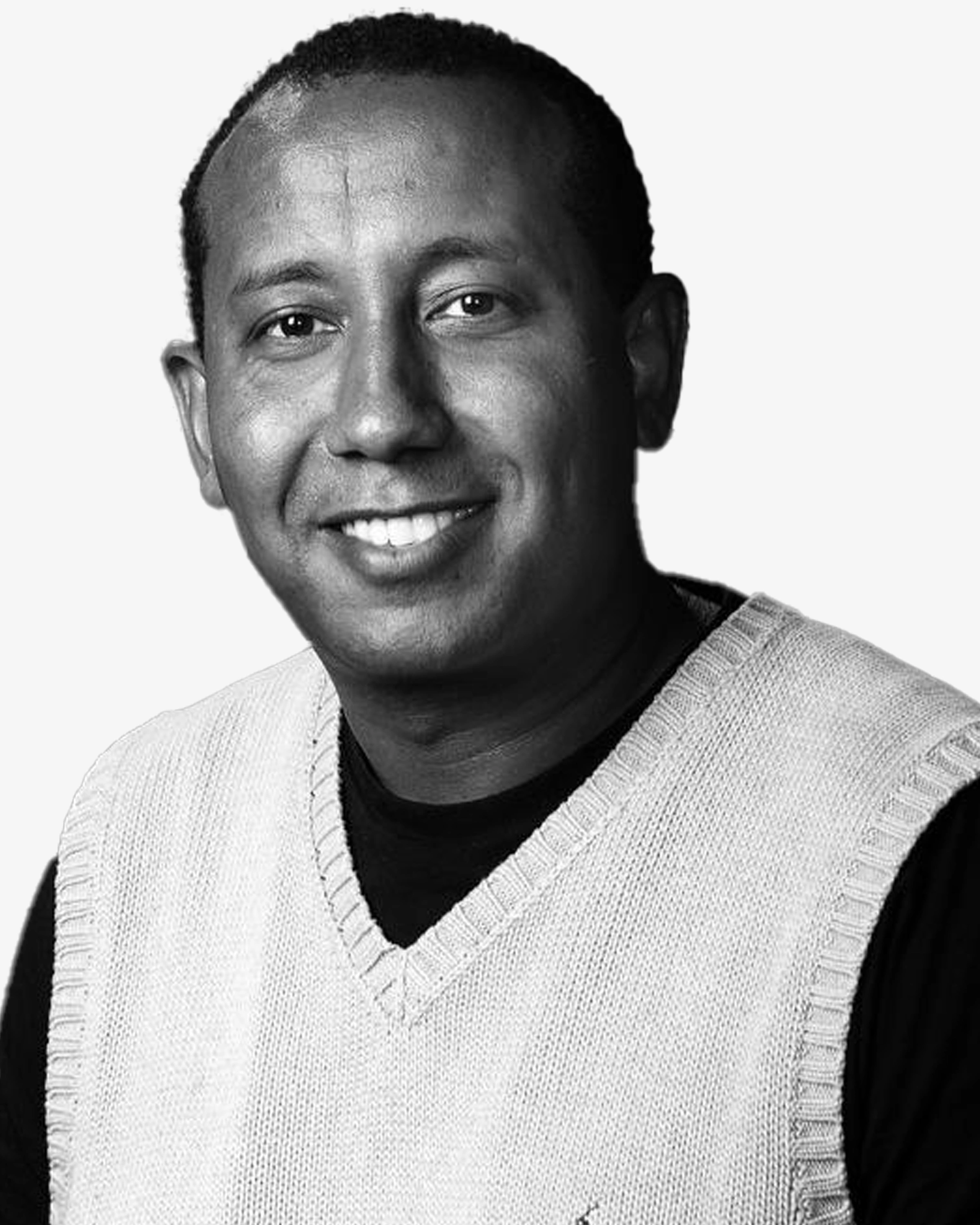
Dr. Yohannes Abate
Professor of Physics at the University of Georgia
Physics and Astronomy
Dr. Yohannes Abate is the Susan Dasher and Charles Dasher MD Professor of Physics at the University of Georgia and Founding Director of the Quantum Science & Engineering Program. Abate’s condensed matter physics research interests include investigation of nanoscale and quantum phenomena and interactions in two-dimensional materials, oxide materials, and quantum emitters. Particularly his group is fascinated by how non-equilibrium or collective quantum phenomena that occur at the atomic/molecular scale result in nanoscale emergent behavior in quantum materials. His group implements various terahertz, infrared, optical spectroscopy and scanning probe techniques with diffraction unlimited spatial resolution. Professor Abate joined the University of Georgia (UGA) as an associate professor of physics in August 2017. He received his PhD in Physics at the University of Iowa in 2006. From 2006-2009 he was a postdoctoral research fellow at the University of California, Berkeley and Lawrence Berkeley National Laboratory. In September of 2009 he has spent time as a Visiting Scientist at the Nano-Photonics Laboratory, Max-Planck-Institut für Biochemie, Martinsried, Germany. He has received the NSF Career Award (2016) and in 2023 he has been selected by the Gordon and Betty Moore Foundation as one of its 2023 Experimental Physics Investigators. He received the BS degree in physics from Addis Ababa University, Ethiopia, and MS degree in physics from the National Institute of Physics, University of the Philippines, Diliman. He is a member of the American Physical Society and Materials Research Society.
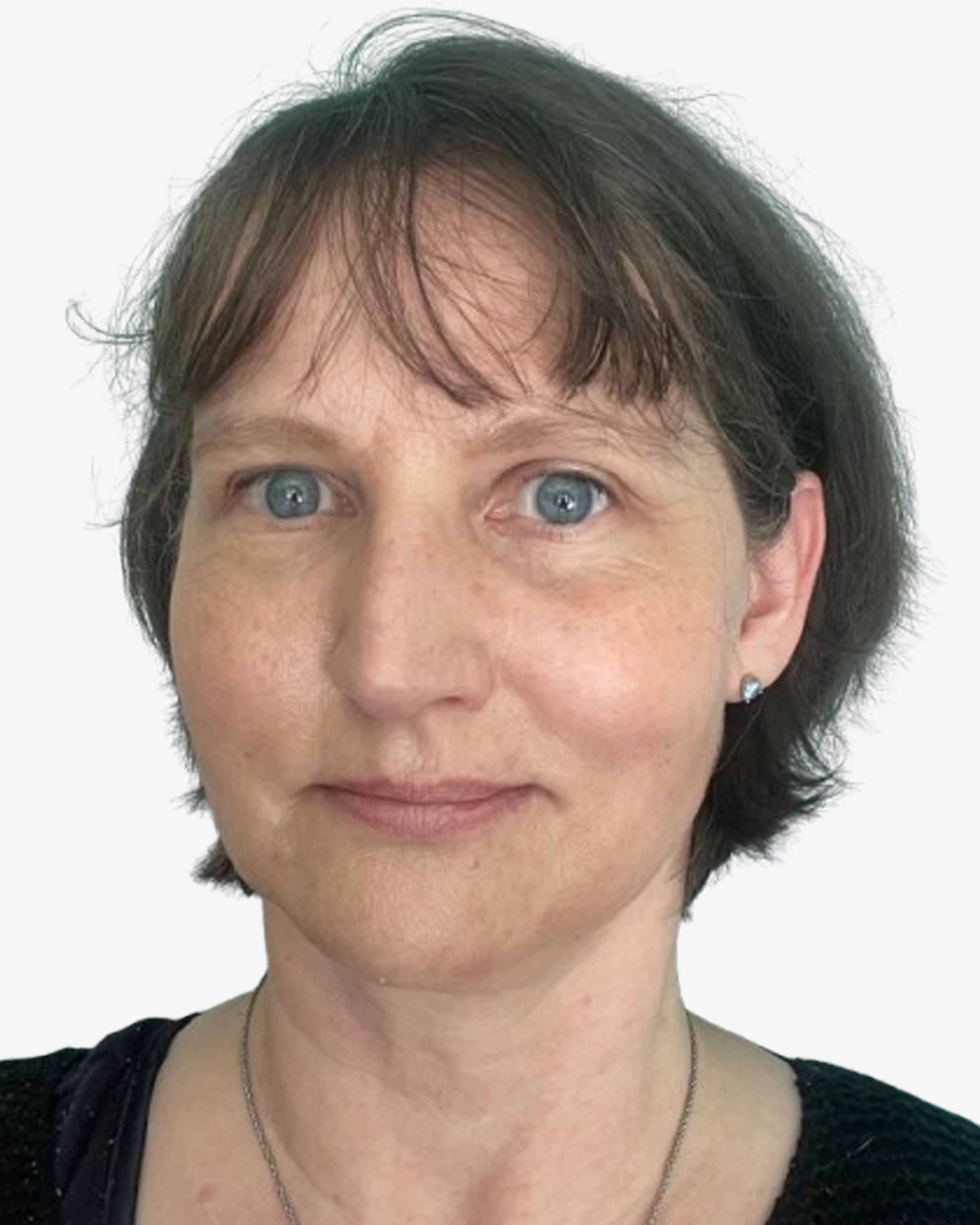
Petra Hokanson
Assistant Instructor for English and Communication at SIT
English and Communication
Petra Hokanson is an accomplished educator with extensive cross-cultural teaching and research experience. She earned her Abitur from Henfling Gymnasium in Germany in 1995 before transitioning into academia in the United States. She holds an A.A. in History from Enterprise State Community College (2013, summa cum laude), and a B.S. in History with a minor in Social Science from Troy University (2016, summa cum laude). Her teaching career spans over a decade, including work as a K–12 instructor, tutor, and lead instructor for Brighter Generations. She also serves as a Graduate Research Assistant with the Kentucky Historical Society. Her research interests focus on history education, pedagogy, and cross-cultural approaches to learning. Petra is fluent in German and English, with additional knowledge of Russian, French, and Spanish. She has published historical and literary works in The Alexandrian and The Bold Weevil, as well as several online outlets. Beyond her academic and professional work, Petra is married with three children and enjoys educational practice, intercultural engagement, and global travel.
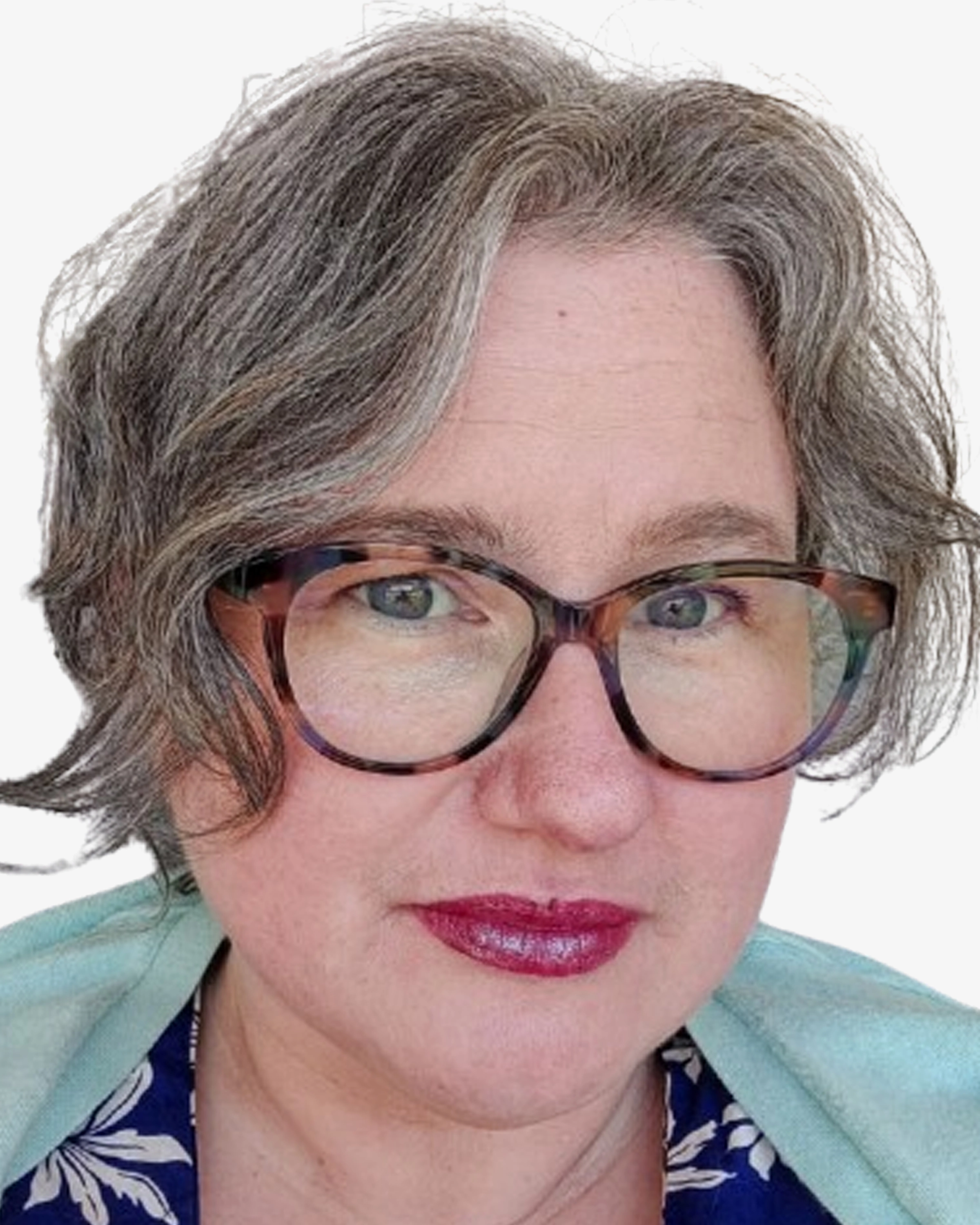
Professor Karen Sichler
Professor of English and Communication
English and Communication
Professor Karen is a lecturer at Kennesaw State University in the School of Communication and Media. She earned her A.B. in History with minors in French and Religion from the University of Georgia, and later completed her M.A. in American Studies at Penn State University. She also pursued doctoral studies in Mass Media at the University of Georgia. Karen holds an M.S. in Instructional Design and Technology and is currently pursuing her second Ph.D. in Rhetoric and Composition at Georgia State University. Her research interests focus on digital literacy and rhetoric, accessibility, and UX/UI development and research.
